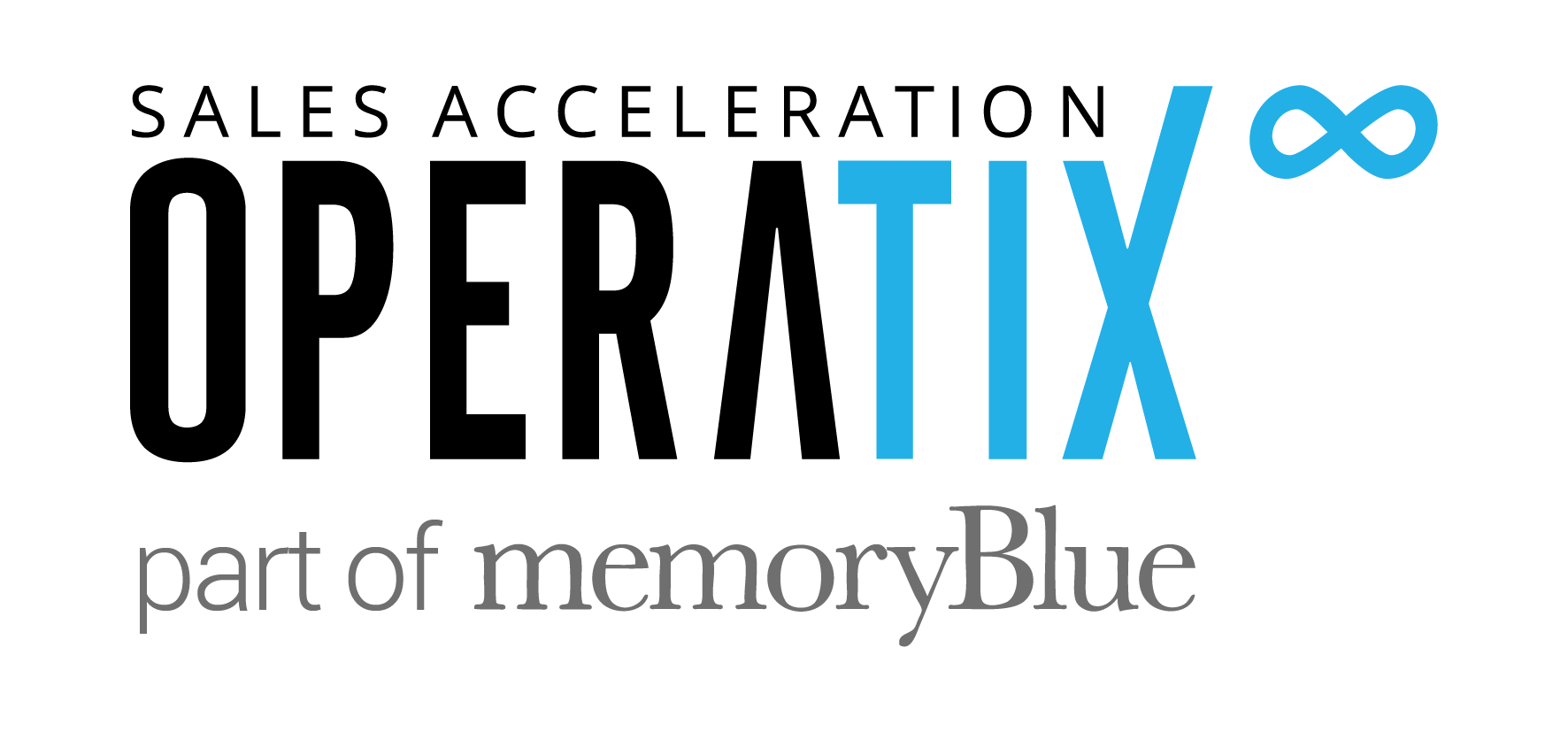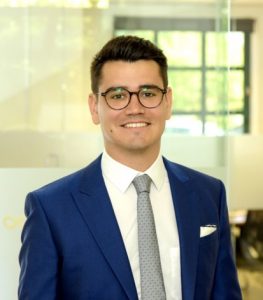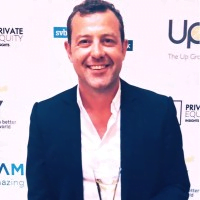There are over 58 million sales people across the globe… and most of them are functioning without formal higher education in sales.
The drive to take sales education more seriously needs to come from within the industry.
Recently on B2B Revenue Acceleration, we had a chance to discuss with Paul Fifield, CEO and Co-Founder at Sales Impact Academy, about why we need to take sales education to the next level.
A 20-year entrepreneur, Paul, launched Sales Impact Academy in part based on the teachings of Predictable Revenue and having to deliver 300% year on year growth as a revenue leader alongside venture capital pressure.
“I realized that there are these absolutely vast, huge gaps in knowledge and understanding of how you do B2B sales and B2B marketing… I really wanted to do something to help,” Paul said.
Let’s dive into the conversation!
The Need for Sales Education
Every major profession in the world has higher education and training — an educational infrastructure, in other words. Medical industry, law industry – you name it, all have in place some form of higher education. Even in finance you have to take yearly exams to continue doing finance. So, why is there a gap in the sales industry?
“You’ve got 60 million people in sales, but then if you have customer success, B2B marketing, and rev ops, you’re probably talking about 250-odd million uneducated people trying to work it out as they go along. That is mind-blowingly crazy and insane and needs to be sorted out,” Paul said.
There’s a major talent problem that needs to be fixed — and it starts with sales education.
The millions of talented people in sales are forced to be uneducated in their industry because there is no other option available to them.
Paul said he has learned this truth: “The root solution to all problems in the world is education.”
To solve this by educating this mass of people globally in the sales profession, Paul has founded the Sales Impact Academy where he developed teaching models where he can reach very big audiences and teach lots of people at the same time.
The learning model is both remote and bite-sized.
The learning tracks and courses are designed to take just two hours per week because it’s 1) better for learning retention and 2) better for the sales professional’s schedule. You will not retain or learn well sitting and doing 12 hours of training, usually in a powerpoint format.
Experiential learning
The classes are practical. People are learning brand new concepts, so therefore they need time to process that.
The two one-hour classes per week are intended to foster experiential learning. “One of the most effective ways of embedding knowledge is to learn something and then immediately apply that knowledge,” Paul said.
That embeds the good behavior and best practice.
Practical pedagogy
Pedagogy means different types of teaching for different types of learning. Sales Impact Academy has brought the very best thought leaders, thinkers, and experienced salespeople and turned their brilliance into interactive, high learning design principle courses. To name a few of these –
“We have completion rates of 80% plus on our courses, because you’re learning directly from these very, very, very special people,” Paul said.
Sales Education with Buzz
What sounds more fun, watching a live concert on TV or watching the recording a week later?
And what do you think you’d stick with more, 12 hours of learning on demand in your own time or 12 scheduled one-hour live events?
“There’s polls, there’s quizzes, and it’s an interactive environment,” Paul explained. “The schedule piece is really important, and the experience is just more important.”
If you watch it afterwards, the buzz is gone.
These ‘classes’ hardly feel like classes. Sales teams will watch and participate together, then afterwards break-away to talk about what they learned together as a team: Sam Nelson on building great sales sequences, for example.
Buzz helps the learnings become embedded as a team.
An example of buzz
In a course on managing the complete sales cycle, there’s an acronym that everyone loves: BAMFAM.
BAMFAM: Book a meeting from a meeting. So many reps don’t book the next meeting before the phone goes down, even after a great discovery call, and they can’t get their relationship back.
“I get emails and messages on LinkedIn with people saying, Dude, BAMFAM go nuts in my company,” Paul said. One person told him it’s changed their whole philosophy and increased their win rate… because prospects don’t just disappear anymore.
Again, the whole team learned it, loved it, and implemented it together.
“You get better as a team. You can’t do that on-demand. You definitely can’t do that with a book,” he said.
Adopting a Learning Mindset
Everyone needs to accept that the need to educate salespeople is a major problem. “It blows my mind when companies can say, Yeah, we haven’t really got time to do this,” Paul said.
On the other hand, there’s a hunger among sales professionals for education and self-improvement in the profession.
Recently, there was a class featuring Sam Nelson with 1,000 attendees!
That’s 1,000 salespeople excited to learn.
It’s definitely not “sales training” in the traditional sense, with all its bad connotations. It’s specialists sharing the way they “worked things out” so that everyone can learn from their experience.
If you have the mindset that you know everything, you will not succeed, so Paul’s outlook is that if you attend a class and come away knowing one new tip/bit of information, then it was worth your time.
For example, Paul attended a class with Sam Nelson, in which he enlightened listeners about how lowercase subject lines in prospecting emails work better than capitalization – something numerous people probably didn’t know before. These tips and tricks, however trivial they may sound, all add up to success.
Learning about leveraging LinkedIn, using video in sales prospecting, and how to implement direct mail — that’s just the beginning. Salespeople want to learn about management, coaching, and leadership, too.
“The onscreen presence, the interaction, and the learning design all combined to create such high completion rates. It’s unbelievable,” Paul said.
Learn more about sales education opportunities at salesimpact.io, and get in touch with Paul on LinkedIn.
To hear this interview and many more like it, subscribe to The B2B Revenue Acceleration Podcast on Apple Podcasts, on Spotify, or on our website.




